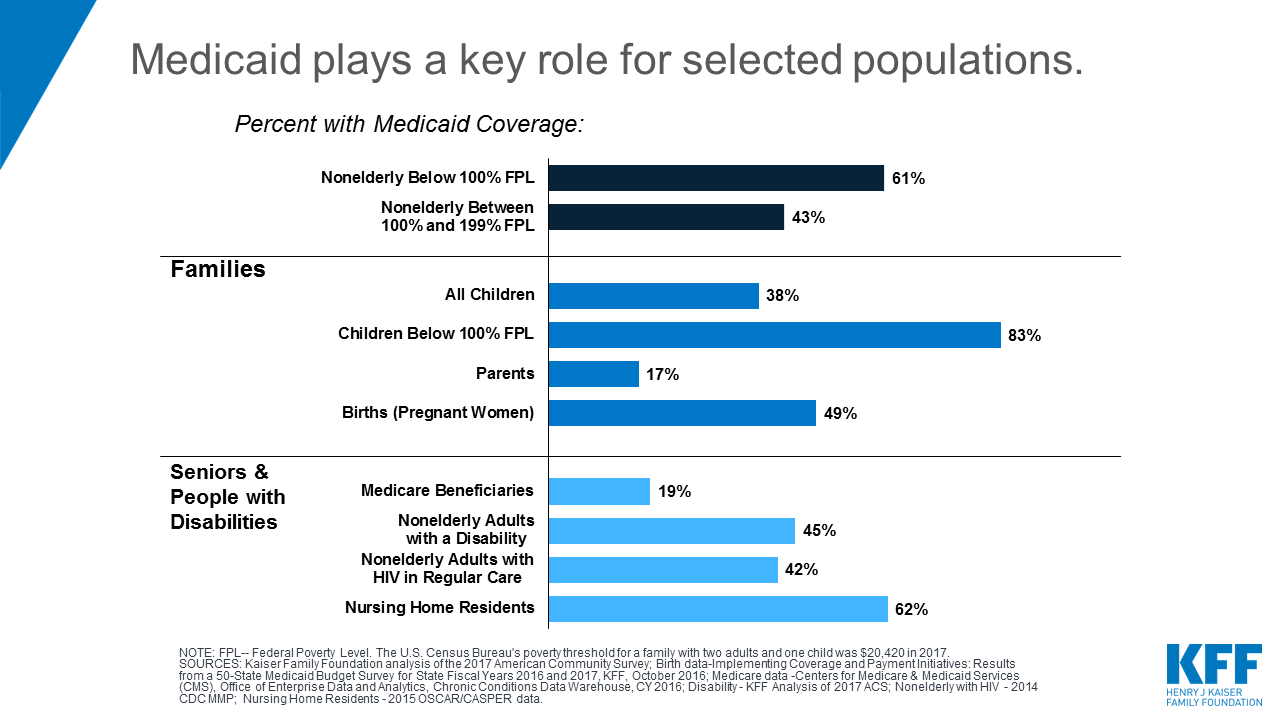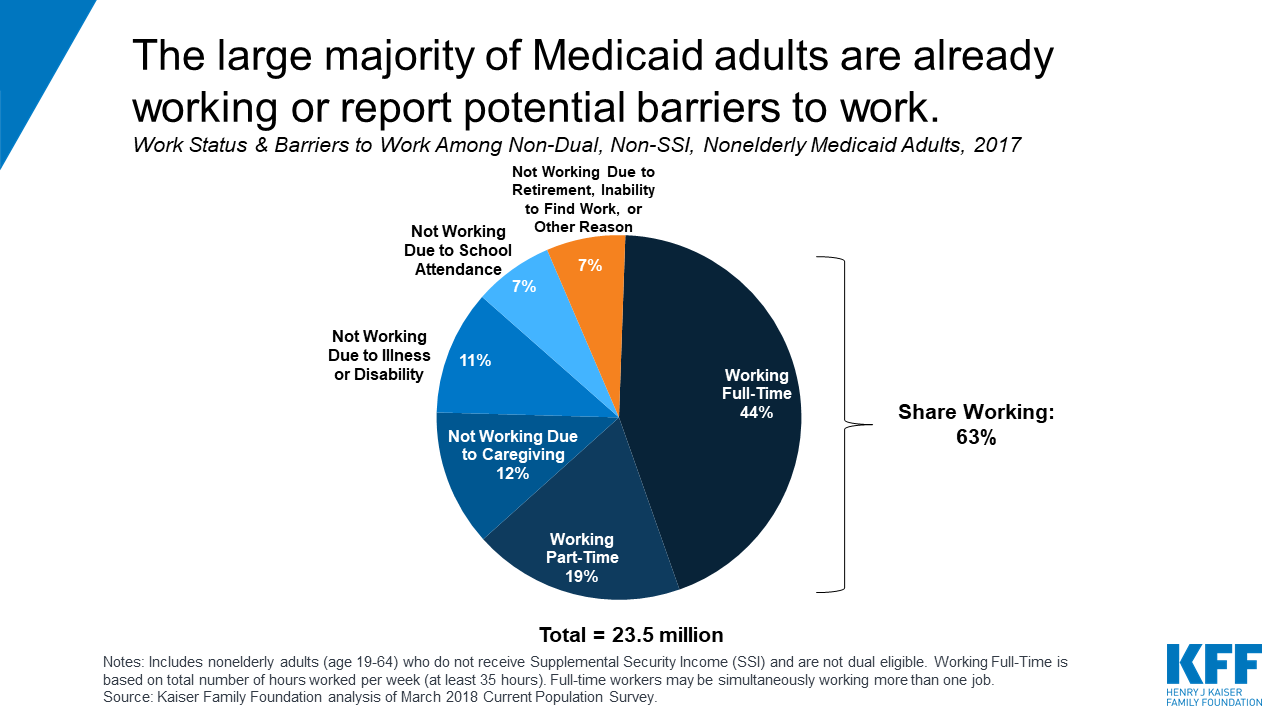Insurance providers work together to coordinate benefits and they use COB policies to figure out who is the primary insurer and who is secondary. The primary insurer pays first and then the secondary pays reimburses what the primary insurer didn't cover up to 100% of the total cost of care, as long as the plan covers that service.. Medicaid and Other Payers. Medicaid interacts with other payers when Medicaid beneficiaries have other sources that are legally liable for payment of their medical costs. These may include private insurance, Medicare, other public programs such as the Ryan White program, workers’ compensation, and amounts received for injuries in liability cases..
How Medicaid works with Medicare Medicaid can provide secondary insurance: For services covered by Medicare and Medicaid... Medicaid can provide premium assistance: In many cases, if you have Medicare and Medicaid,... Medicaid can provide cost-sharing assistance: Depending on your income,... .... Payer: Your health insurance coverage – for example, Medicare or an employer plan. Primary payer: The health insurance that pays first, up to its limits. Secondary payer: The secondary health insurance pays then pays what the primary payer doesn’t cover, up to the secondary payer’s limits..

How Medicaid Works, and Who It Covers ... What is Medicaid? It’s a public health insurance program largely for low-income people, though some middle-class disabled and elderly people also .... Today, just as in 1965, Medicaid provides health insurance benefits to low-income families and individuals. Medicaid also extends coverage to certain other groups, including pregnant women, some seniors and people with disabilities who are also eligible for Supplemental Security Income (SSI) assistance.. If you are Medicaid eligible, Medicaid will be the second insurance (that means that your employer insurance gets billed first), and Medicaid will pick up what the employer insurance doesn't cover. Medicaid as a secondary insurance can significantly reduce your bills!.

How Part D works with other insurance. Employer or union health coverage. Employer or union health coverage refers to health coverage from your, your spouse's, or other family member's current or former employer or union.. Usually, if there is another form of Insurance. Medicaid will have them cover as much as possible, the remaining balance will be covered by your medicaid. I had the same situation. If you have.... First, Medicaid isn't a one-size-fits-all program. It's actually comprised of several different individual health insurance programs designed to help certain classes of individuals obtain health coverage. For instance, one of the most popular Medicaid programs is the Children's Health Insurance Program..



